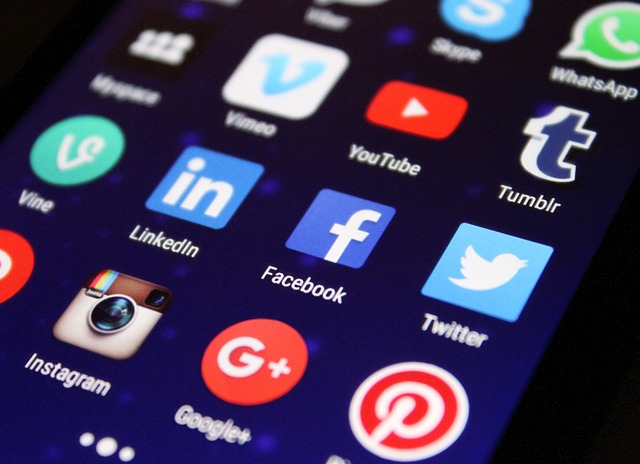In today’s fast-paced digital world, social media has ingrained itself into the fabric of our daily lives. While it promises connection and engagement, there lurks a darker side—one that twists the reality we perceive, distorting our self-image and relationships in ways we often fail to acknowledge. This phenomenon, aptly termed social media distortion, reveals how addiction to these platforms can warp our understanding of ourselves and the world around us.
Social media is an ever-present force, often celebrated for bringing people together. We share snippets of our lives, moments frozen in time, filtered to perfection. But as we scroll through endless feeds of curated content, we must ask: at what cost? With every like, share, or comment, we’re pulled deeper into a vortex that can skew our realities, influencing our mental health in profound ways.
Consider this: how many times have you found yourself comparing your behind-the-scenes with someone else’s highlight reel? The vibrant vacations, luxurious lifestyles, and flawless bodies displayed across platforms create a narrative that’s impossible to live up to. This constant comparison can fuel feelings of inadequacy, anxiety, and depression—symptoms of a deeper addiction to the validation that these platforms provide.
The impact of social media doesn’t just stop at personal emotions; it bleeds into our relationships, distorting how we connect with those around us. Instead of engaging in meaningful conversations, we often find ourselves reaching for our phones, prioritizing virtual interactions over real-life connections. The irony is stark: in seeking connection, we might be isolating ourselves further.
Moreover, the portrayal of ‘perfect’ lifestyles on social media fosters a culture of competition rather than community. Users feel pressured to project an image of success, leading to a vicious cycle of ‘keeping up’ with others, which only heightens the addiction. Social media distortion doesn’t merely alter how we see ourselves; it transforms our interaction with the world, making it challenging to cultivate genuine connections based on authenticity and vulnerability.
As with any addiction, recognizing the problem is the first step towards breaking free from its grips. Awareness of how social media distorts our perceptions can help us reclaim our narratives. Instead of seeking approval through likes and comments, we can focus on real interactions—those that nourish our mental well-being and foster deeper connections.
The journey to overcoming social media addiction is not an easy one, but it is essential. By taking steps to limit our consumption, curating our feeds mindfully, and prioritizing face-to-face interactions, we can start to reclaim the authentic connections and self-perceptions that social media distortion has clouded.



